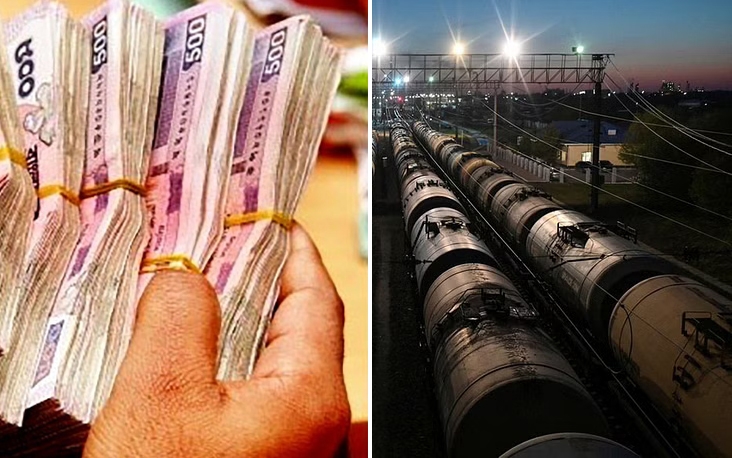
Special Report :
Under the directive of Prime Minister Sheikh Hasina, BPC is attempting to import Russian oil in local currency; a move that may reduce pressure on Bangladesh’s dwindling forex reserves.
After the ECNEC meeting yesterday, while answering to reporters, Planning Minister Shamsul Alam said that such a move carries low political risk as US has softened its position on Russian oil embargoes.
However, Bangladesh already is a net importer of Russian goods. So local currency trading of oil is a remote possibility. Last fiscal year Bangladesh imported goods worth US$629.8 million from Russia. It’s total exports to Russia during the same time was US$485.23 million.
US is Bangladesh’s largest export destination accounting for nearly US$7 billion or 17% of country’s total goods sold abroad. US is also the second largest source of Bangladesh primary foreign currency earnings: its remittances from citizens living abroad according to Bangladesh Bank. The considerably decreased number of barrels being supplied to Europe is being made up for by an increase in demand from Asia for discounted Russian oil, muffling the consequences of the West’s attempts to penalise Moscow for its invasion of Ukraine and maintaining revenue flow to the Kremlin.
China and India are the two nations that have received the majority of the extra oil. Russian oil exports to China increased by 28 per cent in May compared to the prior month, setting a new high and enabling Russia to surpass Saudi Arabia as China’s top oil supplier. According to shipping statistics examined by market research firm Kpler, the majority of the surge was directed toward India, which went from importing virtually little Russian oil to doing so at a rate of more than 760,000 barrels per day.
Even if South Korea and Japan have reduced their purchases of Russian oil, China and India still buy much more to compensate for this shortfall.
Even though local currency trading is a remote possibility, Bangladesh should nevertheless be able to take advantage of discounted Russian oil. Few months back, Asian countries managed to purchase Russian oil at discounts as high as 30% relative to international market. However, since then spreads have narrowed.
Bangladesh, being an importer of commodities such a cotton, faces a structural economic challenge by exporting heavily subsidised, ultra-low margin products such as garments using the most expensive imported fuels like HFO and LNG.

